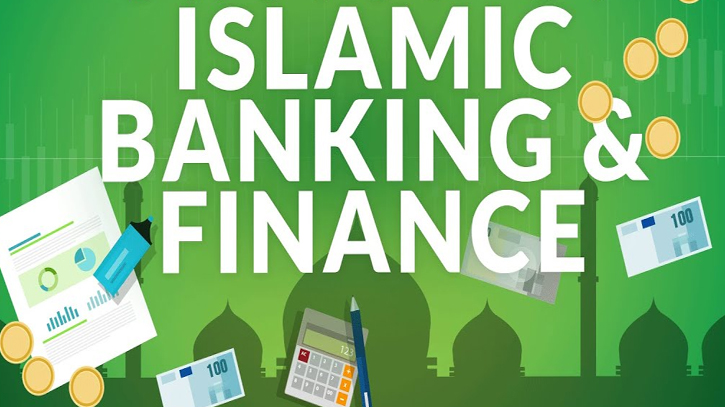
Photo: Collected
The Islamic banking sector showcased remarkable resilience and expansion in 2023, accounting for an impressive 70.21% of the global Islamic financial services industry assets, as illustrated in the Islamic Financial Services Board (IFSB) Stability Report 2024. By the end of Q4 2023, Islamic banking assets surged to US$2.37 trillion, reflecting a year-on-year growth of 7.21%. This positive trend was underpinned by a notable 7.92% increase in deposits and a 5.97% rise in financing activities.
Robust profitability metrics across various regions evidence the expansion of Islamic banking. Financing activities have thrived, with prominent growth in key sectors such as household, real estate, construction, and manufacturing. This diversified growth trajectory demonstrates the sector's adaptability and appeal across different market segments.
A cornerstone of the Islamic banking structure is its funding mechanism, which is primarily reliant on customer deposits. These deposits, backed by comprehensive insurance, have exhibit- ed remarkable stability during economic downturns. The sector's liquidity cover- age ratio and net stable funding ratio remained above the 100% threshold in most jurisdictions, indicating a solid buffer against market volatility and elevating investor confidence in Islamic financial institutions.
Regulatory innovations developments and innovations
Regulatory actions have played a crucial role in shaping the Islamic banking landscape. In July 2024, Abu Dhabi Commercial Bank took a significant step by phasing out the retail banking operations of its subsidiary, Al Hilal Islamic Bank, while ensuring a smooth transition for customers to alternative banking options. Concurrently, AEON Bank, Malaysia's pioneering Islamic digital bank, has outlined plans for expanding its retail services, signaling a shift towards modern banking solutions.
The State Bank of Pakistan has also made headlines by granting preliminary approval for five digital retail banks, including notable names such as Raqami Islamic Digital Bank and Telenor Microfinance Bank. This initiative aims to enhance the digital banking framework, with expectations that at least three of the newly licensed banks will commence operations within the next year.
Mergers, acquisitions, and market structuring
The Islamic banking sector has witnessed significant merger and acquisition activity, reflecting strategic moves aimed at regional consolidation and expansion. In August 2024, Kuwait Finance House (KFH) divested its entire stake in Sharjah Islamic Bank for approximately AED1.29 billion (US$351.16 million). This move aligns with KFH's strategy to enhance its presence in the Gulf Cooperation Coun- cil (GCC) and other regional markets.
Similarly, Kuwait's Boubyan Bank and Gulf Bank entered preliminary discus- sions regarding a potential merger, which could create an Islamic bank with around US$53 billion in assets, position- ing it to capture approximately 15% of the market based on consolidated assets, according to Fitch Ratings.
Moreover, the Malaysia Building Society (MBSB) finalized the acquisition of the Malaysian Industrial Development Finance (MIDF) for RM1.01 billion (US$243.65 million) in 2023, establishing MIDF as a wholly owned subsidiary of MBSB.
Noteworthy launches and partnerships
September 2024 saw Eastern Bank in Bangladesh launch its Sharia-compliant banking services amid a broader sector restructuring. The bank offers various deposit and financing products, utilizing Islamic contracts such as Wadiah, Muda- rabah, and Musharakah.
In Indonesia, Bank Aladin announced its strategy to broaden its investor base while enhancing its retail financing offerings. Furthermore, Maybank's launch of an Islamic banking branch in Zamboanga City, Philippines, exempli- fies the country's commitment to strengthening its Islamic finance infrastructure, with aspirations to estab- lish around ten Islamic banks over the next four years.
Additionally, Banque Exterieur d'Algérie and El Djazair El Motahida Family Takaful indicated collaborative efforts to create structured investment products, further broadening the product offerings within Islamic retail finance.
Future outlook
Looking ahead, the Islamic retail banking sector is poised for sustained growth. The anticipated launches of digital retail banks, along with efforts to enhance service delivery, highlight the sector's adaptive approach to emerging trends. With a focus on innovative wealth management solutions and digital integration, Islamic banking is strategically positioned to attract a diverse investor base, promising a vibrant and dynamic future in the global financial landscape.
Messenger/Aziz








